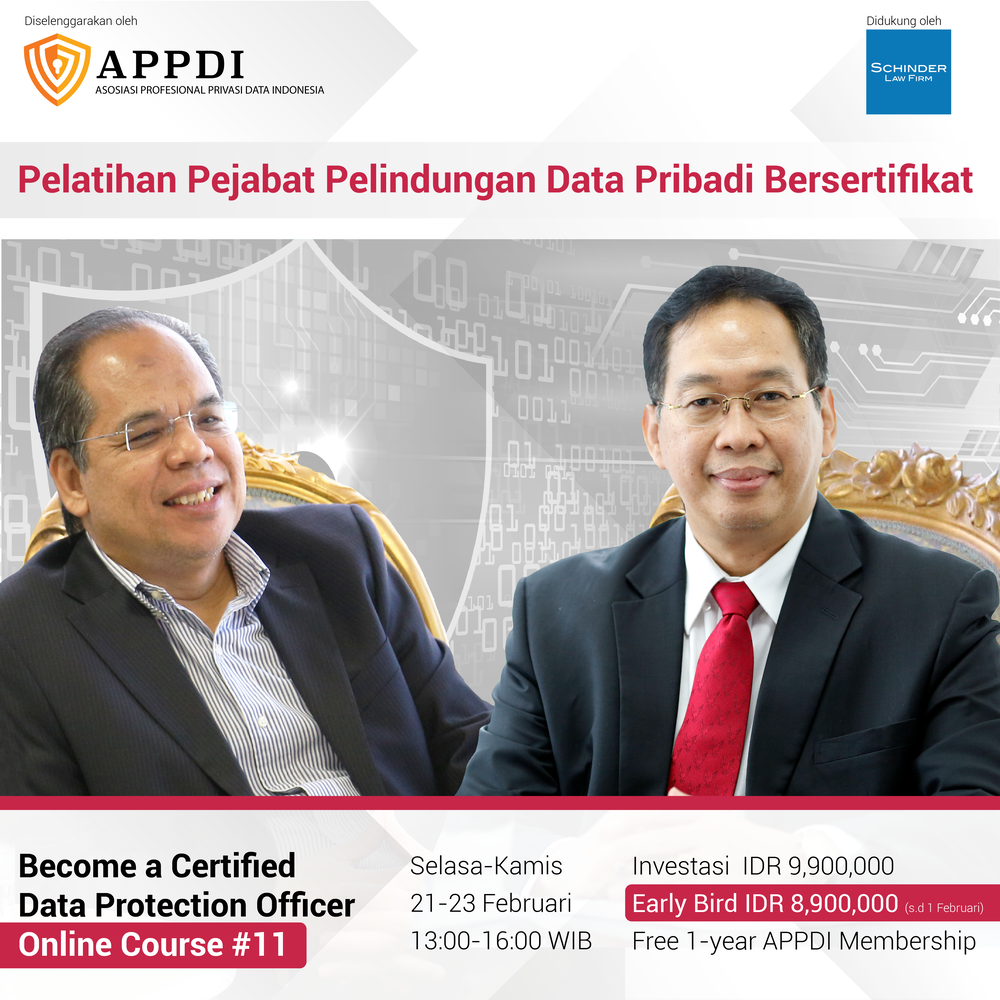Blog dan Berita
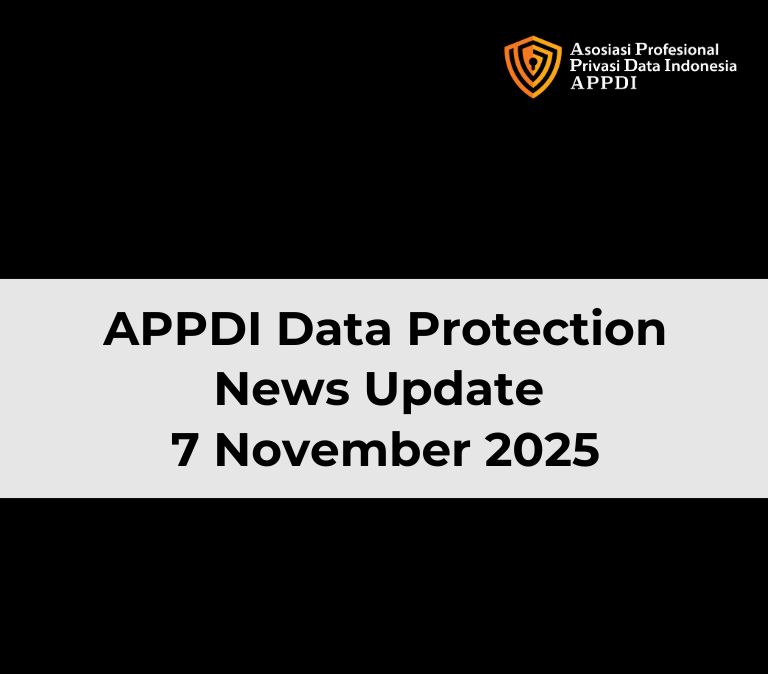
Asosiasi Profesional Privasi Data Indonesia (APPDI) – Data Protection News Update, 7 November 2025
– KOMIK: Narsis vs Data…
– 183 Juta Akun Email…
– How Marketers Must Manage…
– Rajkot Hospital Data Leak…
– Unggah atau Jual Foto…
– Pelanggaran Hukum dan Etika…
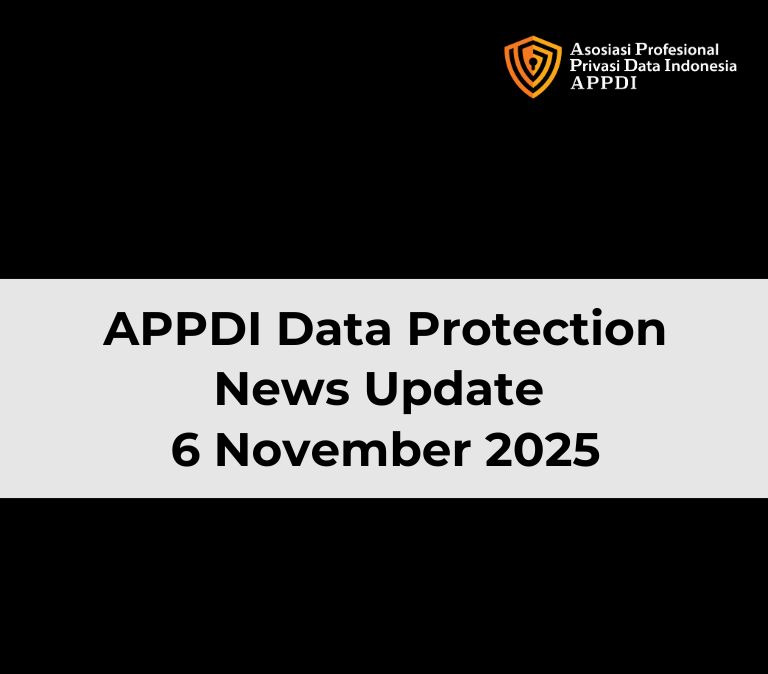
Asosiasi Profesional Privasi Data Indonesia (APPDI) – Data Protection News Update, 6 November 2025
– Tren Fotografi Pelari Viral…
– Data Kamu Bocor? Begini…
– Diduga Data Pribadi Disabotase…
– Hackers Steal Personal Data…
– The Data Privacy Paradox…
– Nico Siahaan Soroti Rencana…
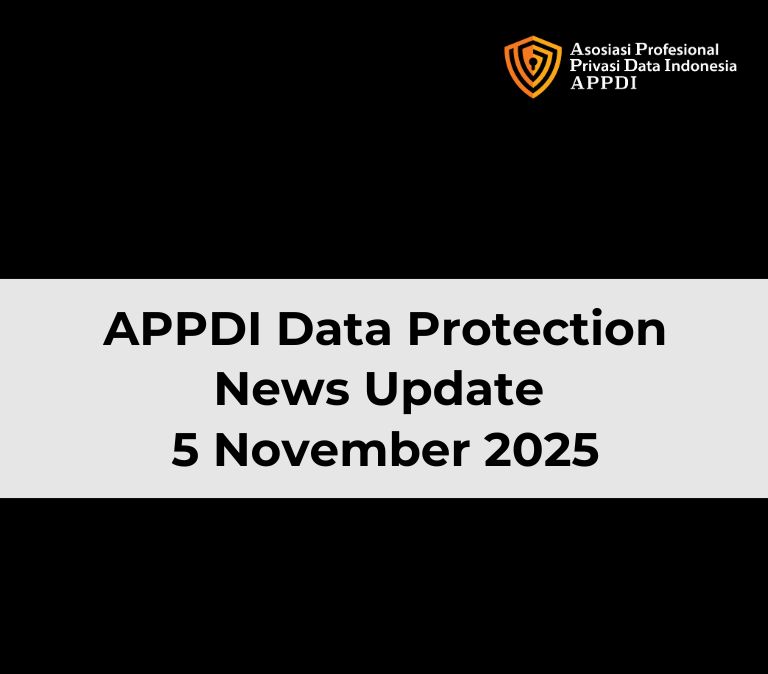
Asosiasi Profesional Privasi Data Indonesia (APPDI) – Data Protection News Update, 5 November 2025
– Fotografer Jalanan dan Etika…
– Terobosan AI yang Perkuat…
– Di Balik Kabel dan data…
– Keamanan Data Jadi Prioritas…
– Pelanggaran Hukum dan Etika…
– Penn Data Breach Involves…
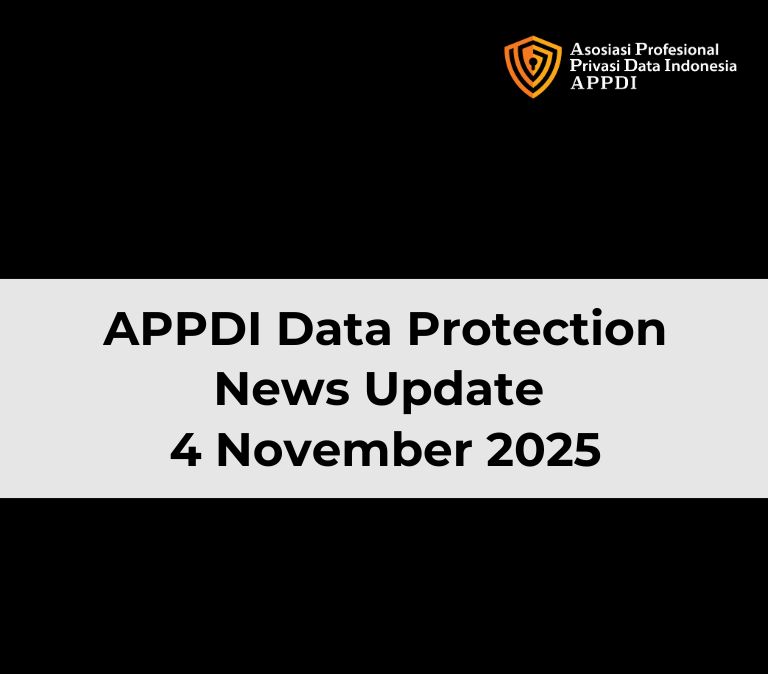
Asosiasi Profesional Privasi Data Indonesia (APPDI) – Data Protection News Update, 4 November 2025
– Kemitraan Strategis untuk Jawab…
– Fotografi Olahraga Jalanan, Antara…
– Kemitraan Cohesity dan Synnex…
– How Nigeria’s Data Protection…
– Ancaman Siber Makin Masif…
– Polisi Dalami Aksi Bjokra…

Asosiasi Profesional Privasi Data Indonesia (APPDI) – Data Protection News Update, 3 November 2025
– OPINI: Kekosongan Hukum…
– Polemik Aplikasi Fotoyu Tanpa…
– Pencurian Data dan Krisis…
– Penn Hacker Claims To…
– Japan Weighs Fines To…
– Foto di Ruang Publik…
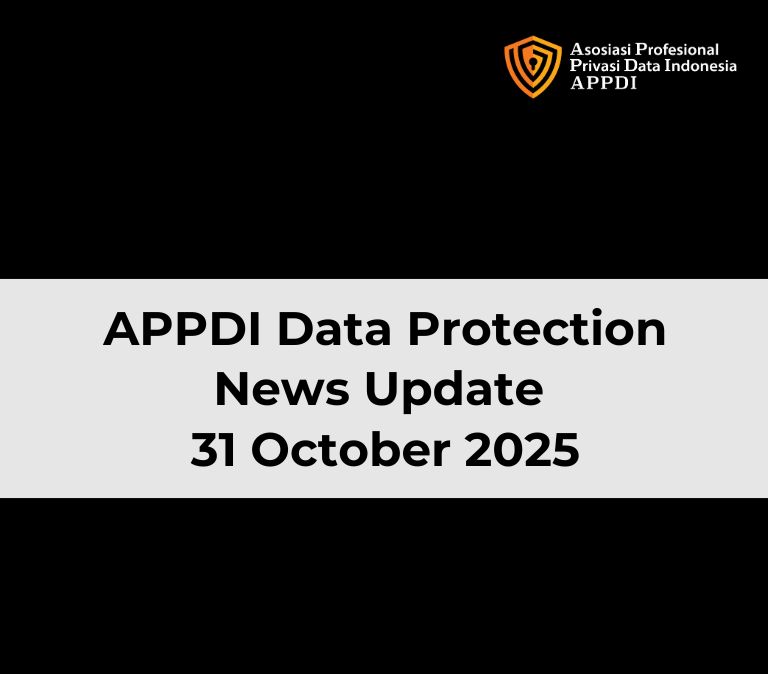
Asosiasi Profesional Privasi Data Indonesia (APPDI) – Data Protection News Update, 31 October 2025
– Apakah data pribadi kita…
– Vinomofo Did Not Protect…
– Perlindungan Data Pribadi Kunci…
– Kementerian Komdigi Awasi…
– Sarifah Ainun: Perlindungan Data…
– Proton Data Breach Observatory…
Pelatihan DPO Bersertifikat 2026
Pelatihan Pejabat Pelindungan Data Pribadi Bersertifikat 2026. Klik di sini untuk informasi lengkapnya.

